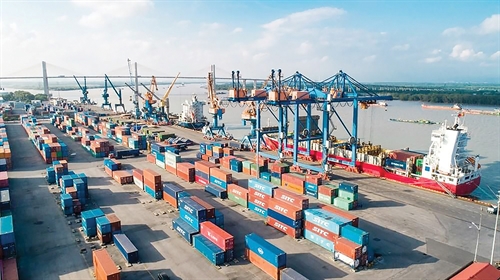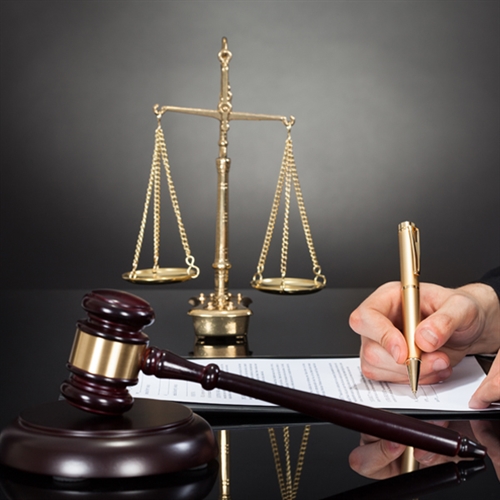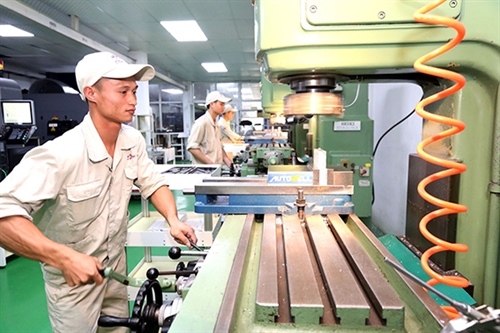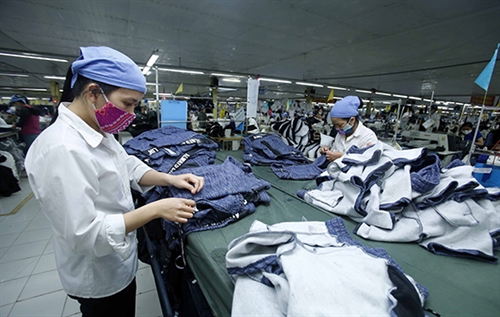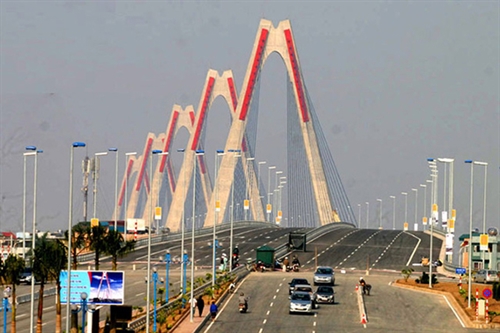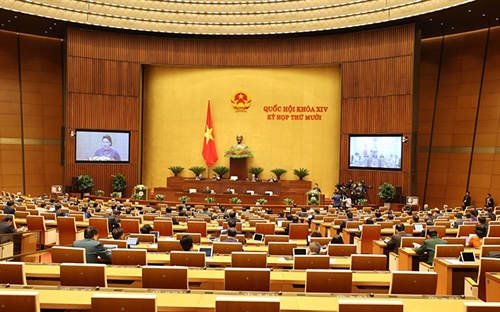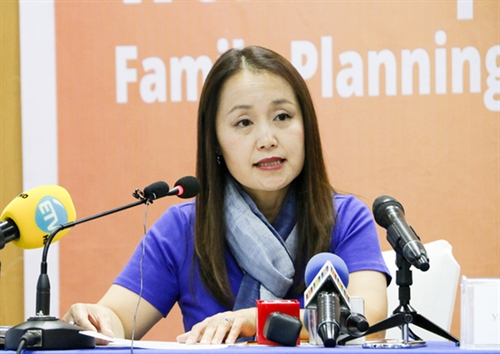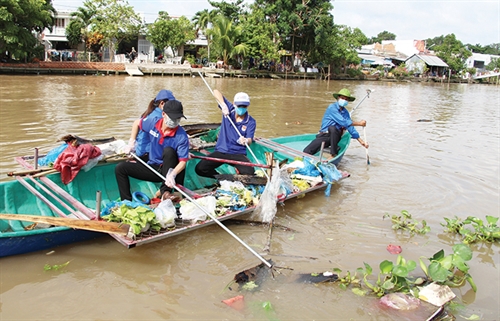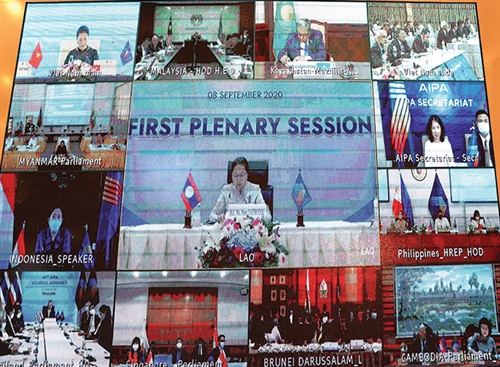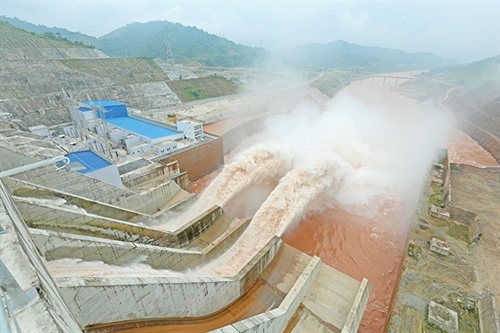Pham Binh Minh
Deputy Prime Minister and Minister of Foreign Affairs
During his lifetime, President Ho Chi Minh said “foreign-affairs activities must always serve the national interests.” Following his teaching, Vietnam’s diplomatic service has always accompanied the nation, serving the Fatherland and people throughout 35 years of “doi moi” (renewal).
At every turning point of the nation, the diplomatic service has inherited the forefathers’ traditional diplomacy, persisted in and creatively applied Marxism-Leninism and Ho Chi Minh’s Thoughts in order to experience, review and correctly “decode” the international and regional situations for renewing its thinking and taking proper actions.
The 1986-1995 period: Breaking the embargo siege, bringing the country out of crisis
By the mid-1980s, the international and regional situations saw many upheavals with socialism falling into a deep crisis. Domestically, Vietnam fell into a very difficult situation with a serious economic crisis.
In face of such challenges, the Party re-assessed the world situation in order to determine foreign policies and directions in the new situation. At its 6th National Congress (December 1986), the Party adopted a new perception of the global trend of expanded distribution and cooperation among countries, including those with different social and economic systems. There was a crucial change in the Party’s thinking as clearly seen in Politburo Resolution No. 13 (May 1988).
Under this resolution, the Party clearly pointed to the state of “struggle and cooperation in peaceful coexistence” and concluded that “with a strong economy, a national defense strong enough, together with expanded international cooperation, we will gain greater capabilities to preserve our national independence and successfully build socialism.”
The tough situation in the early ‘90s urgently demanded the continued renewal of the outlook about the time. The Party affirmed the world remained in the period of transition toward socialism while clearly identifying such great trends as internationalization, democratization, peace and cooperation in international relations. Vietnam’s diplomatic policies were affirmed at the 7th National Party Congress (1991) under the motto: Vietnam wished to be a friend and a partner of all countries around the world and to expand and multilateralize its external economic ties.
The new outlook of the time and the global situation paved the way and created conditions for Vietnam to break the embargo and widely develop its external ties. It normalized diplomatic relations with China in 1991, with the United States in 1995, and fostered relations with neighboring and regional countries as well as important partners in the world, and joined ASEAN in 1995.
The 1996-2010 period: Expanding international relations and economic integration
By the mid-1990s, Vietnam got out of the socio-economic crisis, creating necessary prerequisites for a new period of national development. The time’s trends of peace, globalization and democratization were further strengthened. More and more countries, big and small, with different socio-political systems, participated in the process of cooperation and competition as well as regional and international connections.
Situated in the Asian-Pacific region, Vietnam is endowed with a favorable development space and is, in fact, developing dynamically and quickly. The above-said characteristics and trends have further boosted the multilateralization and diversification in international relations and foreign policies of various countries.
Given such change of the world and regional situations, the 8th National Party Congress (1996) confirmed the correctness of the country’s foreign policies of independence, sovereignty, openness, multi-lateralization and diversification of international relations. The new thinking was further renewed with fresh viewpoints on partners-enemies and cooperation and struggle in the resolution of the 8th plenum of the Central Committee of the 9th National Party Congress (2003). This provided a basis for Vietnam to neutralize the differences and increase the mutual benefits in international relations. A breakthrough direction in this period was the policy of international economic integration, mapped out at the 8th, 9th and 10th National Party Congresses.
We properly handled the relationship between independence, sovereignty and international integration. Vietnam participated in the ASEAN Free Trade Area (AFTA) and a bilateral trade agreement with the United States in 2001.
Vietnam joined a series of important multilateral mechanisms such as the Asia-Europe Cooperation Meeting (ASEM) in 1996, the Asia-Pacific Economic Cooperation (APEC) Forum in 1998, and the World Trade Organization (WTO) in 2007. Vietnam hosted the high-level meetings of the Community of French-speaking countries (1997), ASEAN (1998), ASEM (2005), APEC (2006) and was elected a non-permanent member of the UN Security Council during the 2008-2009 term.
The period from 2011 up to now: Deepening foreign relations and comprehensive international integration
The second decade of the 21st century was marked with cooperation and development remaining a major trend. However, in face of many challenges from major power competition, the global economy has fallen into a crisis and recovered unsustainably. Vigorous scientific and technological developments and Industrial Revolution 4.0 have created a new impetus for innovative growth and digital conversion, on the one hand, and increased the danger of lagging behind if failing to embark on the “ship” of digital transformation, on the other hand. The status and strength of the country have been considerably enhanced after more than two decades of “doi moi”. Vietnam’s strategic geographical position continues to play a more important role in major powers’ policies towards the region.
In such context, the 11th National Party Congress (2011) upgraded the economic integration policy to the responsive and active comprehensive international integration. The Political Bureau’s 2013 resolution spelt out the unified perception of the entire Party and entire population about international integration in the new situation.
The 12th Party Congress (2016) adopted an important political policy on further expansion of the scope, domain and degree of integration. These contents were concretized and planned in the overall strategy for international integration to 2020, with a vision towards 2030. The thinking of multilateral relationship saw an important development with the Party Secretariat’s Directive 25 affirming the vigorous shift from “participation” to “proactive participation”, promoting Vietnam’s core and leading role.
Foreign-policy activities were carried out more synchronously by various sectors according to the operation and coordination orientations set out in Politburo Directive No. 04 of 2011 on people-to-people diplomacy and Directive No. 32 of 2019 on Party diplomacy.
As a result, Vietnam has established a network of 30 strategic partners and comprehensive partners, including all major powers, 17 members of the G20, and all ASEAN countries. Vietnam has proactively negotiated many free trade agreements (FTA), including two next-generation FTAs, namely the Comprehensive Progressive Trans-Pacific Partnership (CPTPP) and the Europe-Vietnam Free Trade Agreement (EVFTA), and signed the Regional Comprehensive Economic Partnership (RCEP).
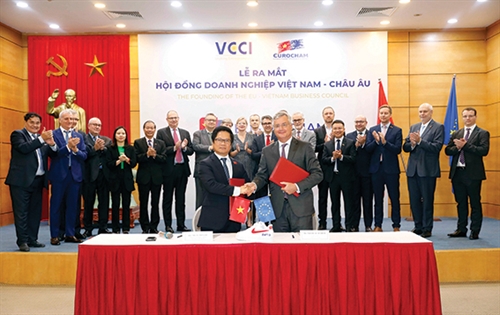 |
| VCCI President Vu Tien Loc (left) shakes hands with EuroCham Chairman Nicolas Audier at the launching ceremony of the EU-Vietnam Business Council on October 22, 2020__Photo: VNA |
Vietnam has been actively participating in the process of building the ASEAN community and performing the peace-keeping mission. We also assumed the ASEAN chairmanship in 2020 and the UN Security Council non-permanent membership during the 2020-2021 term.
Since 2016, localities have proactively deployed international integration, bringing into play their respective strengths and advantages. International integration in political, defense, security, social, cultural, scientific and technological and other fields has been vigorously stepped up and crowned with positive results.
Diplomatic achievements and lessons
“Our country has never before gained a fortune, potential, position and prestige as at present,” affirmed the Party Secretary-General and President Nguyen Phu Trong. Such result is attributed to a number of reasons:
First, the foreign-affair service has correctly and effectively handled relations with neighboring countries, major powers, strategic partners, comprehensive partners and other partners.
Second, with the nation’s confidence and earnest aspiration for development, Vietnam’s foreign-affair activities have been carried out in a creative and flexible manner, creating every favorable international condition to attract resources for national development and enhancing the country’s status, in which the people and enterprises are at the center.
Third, foreign-affair activities have greatly contributed to protecting national territorial sovereignty, seas and islands, helping “defend the country from early, from afar, from the time when the country is not yet in danger”.
Fourth, foreign-affair activities, particularly multilateral diplomatic activities, have contributed to heightening Vietnam’s status, prestige and role in the region and the world.
The above-mentioned achievements are attributed to the Party’s diplomatic policy and guidelines through various periods, based on the correct assessment of the time and lessons learnt from Vietnamese diplomacy.
The first lesson is the persistence in, and the utmost promotion of, the national interests on the basis of fundamental principles of international law, equality and mutual benefits.
The second lesson is that diplomacy always stems from, relies on and serves domestic affairs, and about the importance of promotion of the combined strength of all foreign-affair sectors, including Party diplomacy, state diplomacy, people-to-people diplomacy, and defense and security diplomacy. Foreign-affair objectives always follow the goal of national development. Diplomacy is an extended arm of domestic affairs and an effective tool to materialize the nation’s development aspirations.
Furthermore, the efficiency of foreign-affair activities largely depends on the country’s potential and prestige, typically the high international appreciation of Vietnam’s efforts in fighting the Covid-19 pandemic. Besides, we have gained an important lesson on the conversion of status into strength, availing ourselves of the foreign-affairs networks, political leverage and the country’s status to achieve results beyond the nation’s hard power.
Foreign-affair activities in the coming period
In the time to come, the international and regional contexts continue to evolve quickly with numerous uncertain factors. Peace, cooperation and development, globalization and integration remain to be major trends, which are, however, confronted with many obstacles and challenges from the strategic major power competition and the Covid-19 pandemic. The Asia-Pacific region holds a critical position in the world and is an important driving force of the global economy. However, it is latent with destabilizing factors, including the developments in the East Sea and Mekong. After 35 years of renewal, Vietnam’s status and strength have grown with a stable socio-political situation and a national economy of larger scale, greater potential and higher competitiveness.
We have set ambitious long-term development goals to 2030 and 2045 but in the ever most complex international context. Hence, the mission of the foreign-affair service is very difficult in the time to come, with the first priority given to the materialization of the development aspiration, building Vietnam into a happy and prosperous country.
The draft political report at the 13th National Party Congress demonstrates the importance and vanguard role of the foreign-affair service, a front of strategic significance in the cause of national construction and defense. The important foundation for the performance of such task is the continued building of a constantly firm, comprehensive and modern diplomacy and the synchronous and all-sided implementation of Party diplomacy, state diplomacy and people-to-people diplomacy.-
